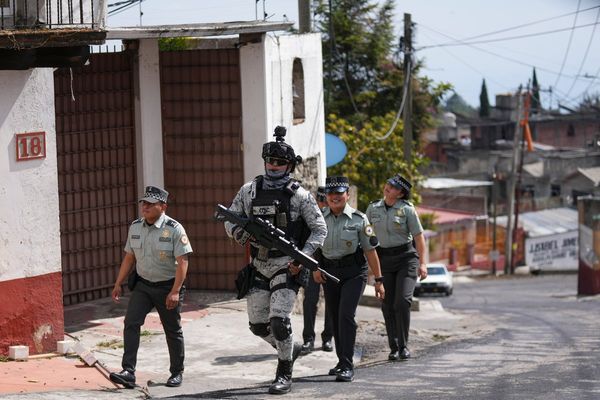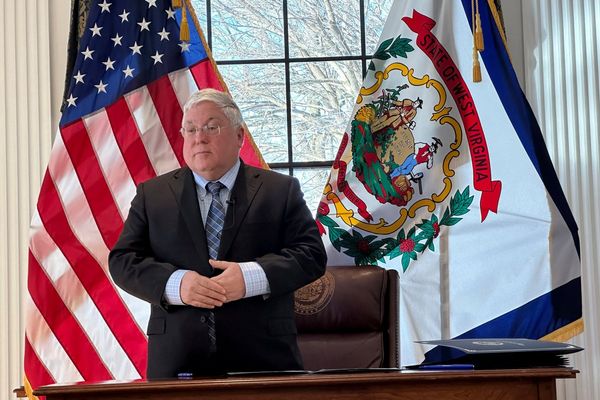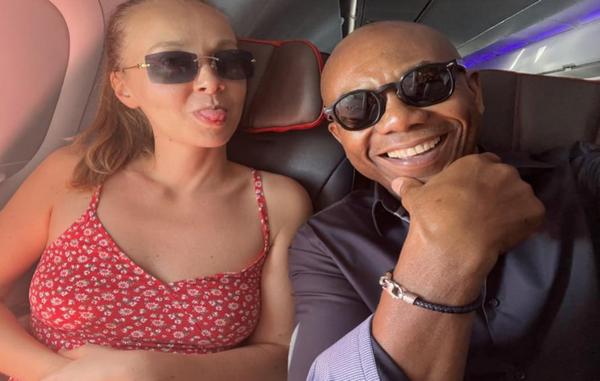The Florida Legislature just passed a gambling law they know has a good chance of being struck down in court, or at least the sports betting part of the law that got the most attention.
You don’t have to believe us. Take it from state Rep. Randy Fine, who led the House Select Committee on Gaming and said this about sports betting after the bill passed:
“Me personally, I don’t think it’s going to survive.”
The reason Fine made such an extraordinary concession on the House floor is because of the high likelihood that, under Florida’s Constitution, sports betting needs to be approved by Florida’s voters, not elected legislators.
He didn’t say it, but there’s also a decent chance the bill’s legalization of craps and roulette games at Florida’s existing casinos also will be challenged in court and found unconstitutional. Same for the part that lays the groundwork for transferring gambling licenses from race tracks to other locations.
You don’t need a law degree to understand why the Legislature is on such shaky ground with its hasty approval of the most consequential gambling expansion in decades.
In 2018, Floridians approved a constitutional amendment — by a remarkable 71.5% — that gave voters the “exclusive right to decide whether to authorize casino gambling in the State of Florida.” That means putting the question of additional gambling in front of the voters and letting THEM say yes or no.
The language of that amendment clearly states the referendum requirement applies to what’s known as Class III gambling, and sports betting is defined under federal law as Class III gambling. So are craps and roulette.
So, these things need voter approval to become part of Florida’s gambling landscape.
That single, central issue should have been a hotly debated point of this week’s three-day special session to approve a new gambling deal with the Seminole Tribe.
It wasn’t.
In an astonishing display of bipartisan disregard for the will of Florida’s voters, the House passed gambling expansion Wednesday by an overwhelming vote of 97-17, with loads of Democrats jumping on the Republican-led bandwagon.
Tuesday’s Senate vote was even more lopsided: 38-1. The lone no vote came from Pinellas County Republican Jeff Brandes.
Is it any wonder the public is so cynical about politics? Were voters really not clear in 2018 about what they wanted?
At least a few of our region’s House members stood up for Florida’s constitution.
“I voted against the Gambling Compact because we should let the voters decide on the expansion of gaming — something that is made clear in our State Constitution!” tweeted Orlando state Rep. Anna Eskamani, a Democrat.
Rep. Scott Plakon, a Longwood Republican who for years has been opposed to more gambling in Florida, stood by his principles on Wednesday while other social conservatives fled theirs.
On the other hand, Orlando Democratic Sen. Linda Stewart voted for gambling expansion, explaining in a statement that the additional money Florida will get each year “offers hope for funding long-neglected priorities and projects.”
We have trouble taking Stewart’s sunny optimism seriously after what happened during the regular session of the Legislature earlier this year. The state was surprisingly flush with money yet still decided to permanently cut the state’s affordable housing funding in half. The new gambling money is far more likely to bankroll another tax cut for businesses than to expand Medicaid.
There’s no question Florida needed to make a new deal with the Seminoles after the 2010 agreement fell apart.
But with portions of the deal approved this week, the state tried to skirt the state constitution by hiding behind the Tribe’s rights under federal law. Lawmakers made the absurd claim that, because the Seminoles were going to run all online sports betting through computer servers on tribal property, that somehow meant that bets placed from a phone anywhere in Florida were actually being made on Seminole land. Oh, please.
Even if that bit of fancy got past the courts, gambling opponents can persuasively argue that Florida’s not obliged by federal law to allow ANY new Class III games — whether it’s sports betting or craps — on tribal property unless those games are first authorized by state law.
Which brings us full circle: Under Florida’s constitution the state can’t pass a law allowing casino gambling and Class III games unless the voters first give their OK.
What the governor and Legislature have done is cooked up a deal they know is constitutionally suspect, and now the courts will have to clean up the mess they’ve made.
So much wasted time and effort. So much contempt for Florida voters. So much of the same.







